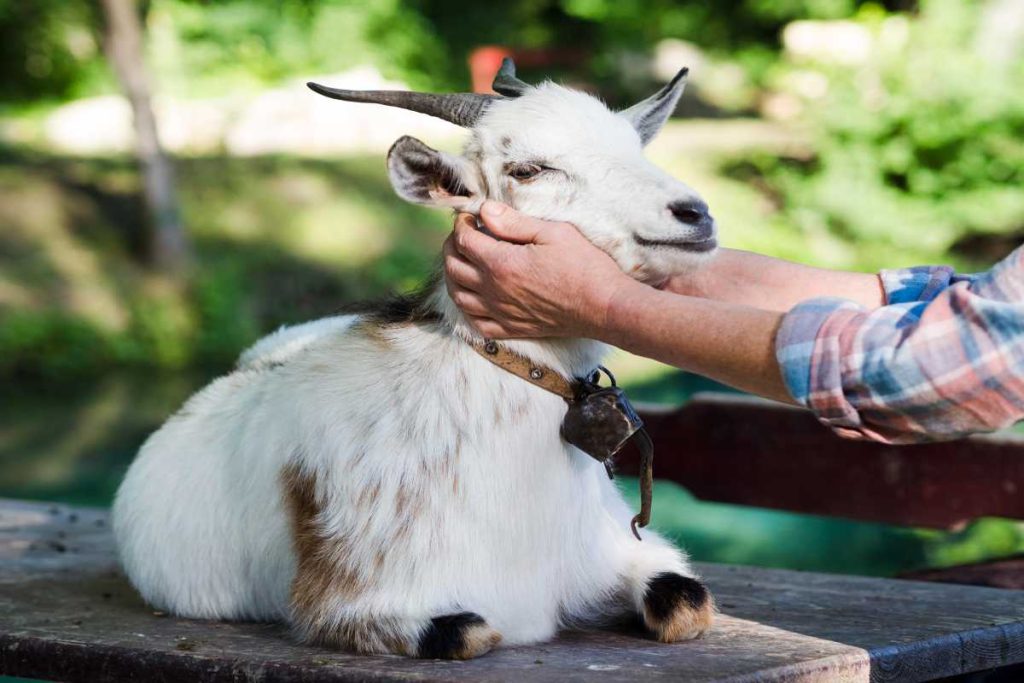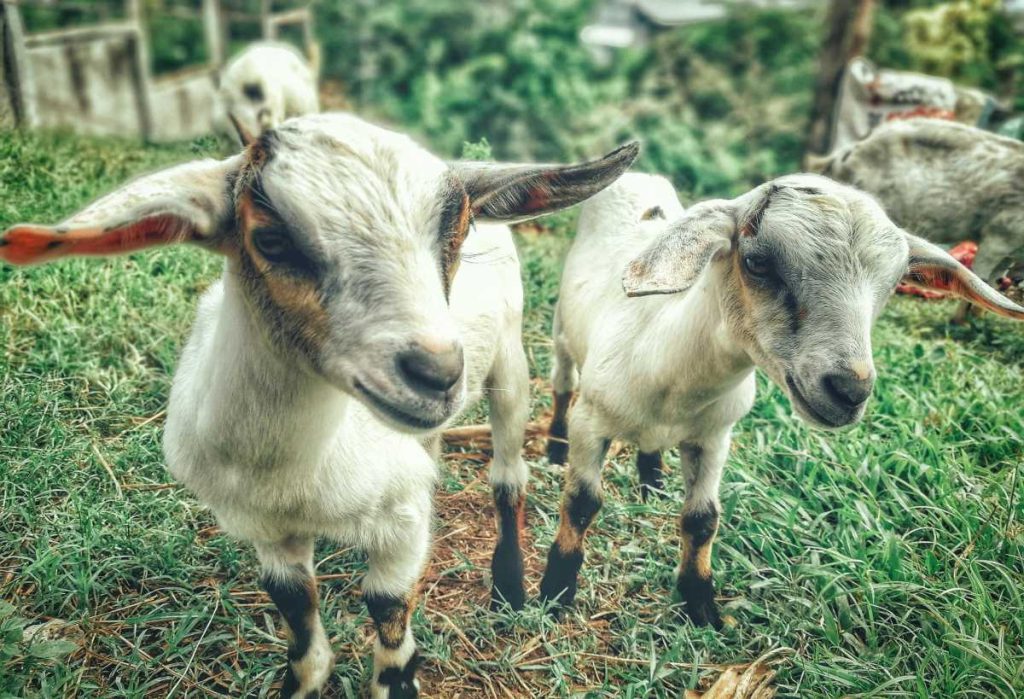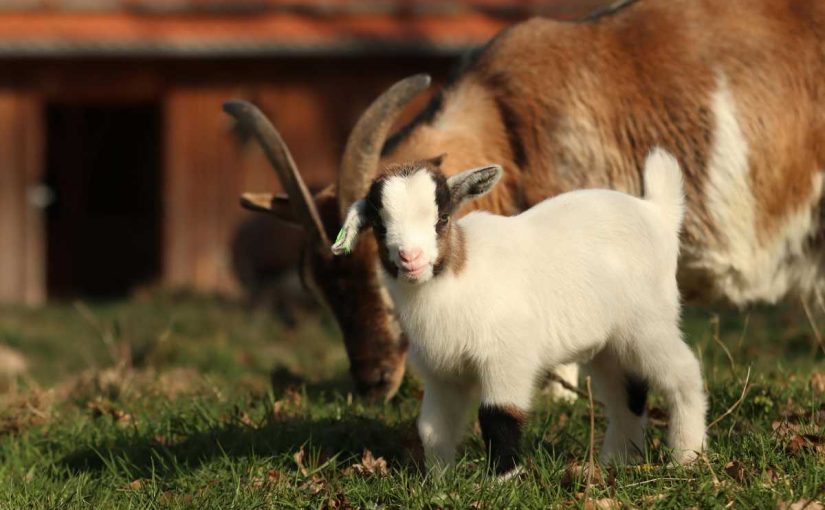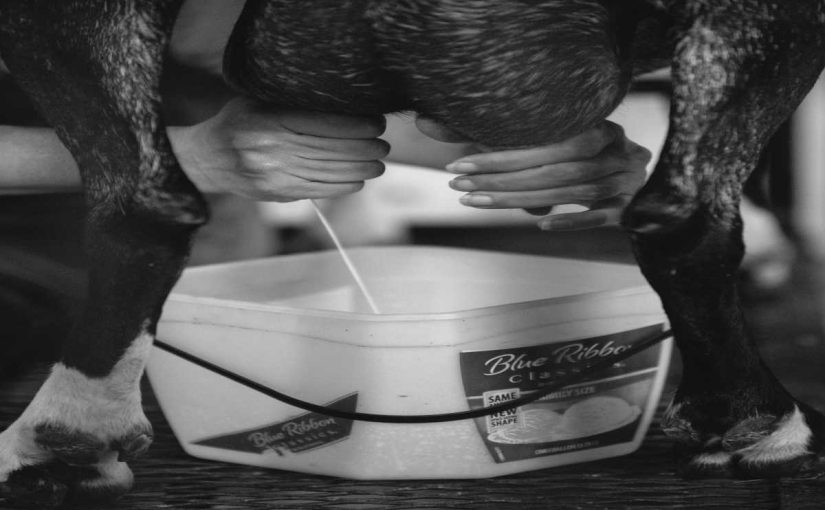Proper nutrition is essential for the health, productivity, and overall well-being of your goats. Whether you’re raising goats for milk, meat, or fiber, understanding their nutritional needs and providing a balanced diet will ensure they grow strong, stay healthy, and produce high-quality products. This ultimate guide covers everything you need to know about goat nutrition and feeding, from basic feeding principles to specific dietary requirements for different stages of life.
1. Understanding Goat Nutritional Requirements
Goats Are Ruminants
Goats are ruminants, which means they have a specialized digestive system designed to break down fibrous plant material, like grasses and leaves. Their stomach consists of four compartments—rumen, reticulum, omasum, and abomasum—that help process their food in stages. To meet their nutritional needs, goats require a balance of fiber, protein, carbohydrates, vitamins, and minerals.
Tip: Offer goats a variety of roughage, such as hay or pasture, to ensure they receive the fiber needed for proper digestion and overall health.
2. The Role of Roughage in Goat Diets
Fiber is Essential for Digestion
The foundation of any goat’s diet is roughage—high-fiber plant material such as hay, grasses, and browse (shrubs or trees). Roughage helps keep the rumen healthy by promoting fermentation and the production of essential nutrients. Without enough fiber, goats can experience digestive issues, like bloating or impaction.
Tip: Make sure goats have access to fresh, high-quality hay, especially during the winter months when pasture may be sparse. Types of hay like alfalfa, timothy, and clover are all good options.
3. Protein Needs for Goats
Essential for Growth, Milk Production, and Reproduction
Protein is crucial for the growth of kids (baby goats), the production of milk, and maintaining the overall health of adult goats. Protein helps build and repair body tissues and supports vital functions like immunity and reproduction. Different goats have different protein needs depending on their age, breed, and stage of production.
- Growing Goats: Kids require higher protein levels (16-18%) to support rapid growth.
- Milking Does: Lactating does need more protein (about 14-16%) to support milk production.
- Dry Does and Bucks: Non-lactating adult goats typically require less protein (about 10-12%).
Tip: Choose protein-rich feeds or supplements such as alfalfa hay, soybean meal, or legume-based pellets to meet their dietary needs.
4. Carbohydrates and Energy Sources
Fuel for Activity and Growth
Carbohydrates, primarily in the form of fiber and sugars, provide goats with the energy they need for daily activities, growth, and lactation. Forage and hay are excellent sources of complex carbohydrates. If you’re raising goats for milk or meat production, they may need additional energy from grains like oats, corn, or barley to meet their energy demands.
Tip: While goats generally thrive on a forage-based diet, supplementing with grains can help meet energy demands during lactation, pregnancy, or winter months.

5. Vitamins and Minerals for Goat Health
Essential Micronutrients
Goats need a wide range of vitamins and minerals to support immune function, bone health, and reproductive performance. Some essential vitamins include A, D, and E, while key minerals include calcium, phosphorus, magnesium, salt, and trace minerals like copper and selenium. Deficiencies or imbalances in vitamins and minerals can lead to health problems like weak bones, poor milk production, or infertility.
- Calcium and Phosphorus: An appropriate calcium-to-phosphorus ratio (around 2:1) is essential for bone health and milk production.
- Salt: Provide a free-choice salt block or loose mineral supplement to ensure adequate intake.
- Copper: Goats have higher copper requirements than sheep, so make sure your mineral mix contains copper if you have goats.
Tip: Offer goats a good quality mineral mix formulated for goats, and provide free access to clean water at all times to prevent dehydration and mineral imbalances.
6. Water: The Most Important Nutrient
Hydration is Key
Goats need constant access to clean, fresh water, as water is the most important nutrient for their health. Dehydration can lead to serious health problems, including kidney failure and poor digestion. A goat’s water intake can vary depending on age, activity level, and the type of food they’re eating.
Tip: Ensure that goats have access to clean, fresh water at all times, especially in hot weather when their water needs are higher.
7. Feeding Pregnant and Lactating Does
Special Nutritional Needs
Pregnant and lactating does have increased nutritional requirements to support their developing kids and milk production. During pregnancy, it’s important to provide extra calories, protein, and minerals to ensure the health of both the doe and her kids. After birth, lactating does require additional energy and protein to produce milk.
Tip: For pregnant does, increase their intake of protein-rich foods and ensure they get enough calcium and phosphorus to support fetal development. After kidding, switch to high-energy feed to support milk production.
8. Supplementing with Grains and Pellets
Boosting Nutrient Intake During High Demands
During times of stress, pregnancy, lactation, or extreme weather, supplementing with grains or specialized goat pellets can ensure your goats meet their nutritional needs. Grains like corn and oats are high in energy, while specialized goat pellets are balanced to provide a mix of protein, vitamins, and minerals.
Tip: When feeding grains or pellets, it’s important to monitor your goats’ weight and adjust the amount based on their needs to prevent overfeeding or obesity.
9. Managing Overfeeding and Obesity
Maintain a Healthy Weight
While it’s important to ensure goats get enough nutrition, overfeeding can lead to obesity, which can cause health problems like joint issues, poor fertility, and metabolic disorders. Monitor your goats’ body condition regularly to ensure they’re getting the right amount of food.
Tip: Adjust feeding practices to match your goats’ age, size, activity level, and purpose (milking, meat, or fiber production) to avoid overfeeding.
Final Thoughts
Proper goat nutrition is essential for a healthy, productive herd. By understanding the dietary needs of goats at different stages of life and providing a balanced diet of roughage, protein, energy, and essential vitamins and minerals, you can ensure your goats thrive. Whether you’re raising goats for milk, meat, or fiber, this guide will help you optimize your goats’ nutrition for long-term health and productivity.
With careful attention to feeding practices and a focus on quality nutrition, you’ll be well on your way to raising strong, healthy goats that will give you excellent returns for your efforts.
Related Tips for Goat Nutrition:
- Adjust your goats’ diet based on seasonal changes, such as offering more hay during the winter months.
- Always ensure that supplemental grain or pellets are introduced gradually to avoid digestive upset.
- Monitor your goats regularly for signs of nutritional deficiencies, such as poor coat condition, low energy, or reduced milk production.




